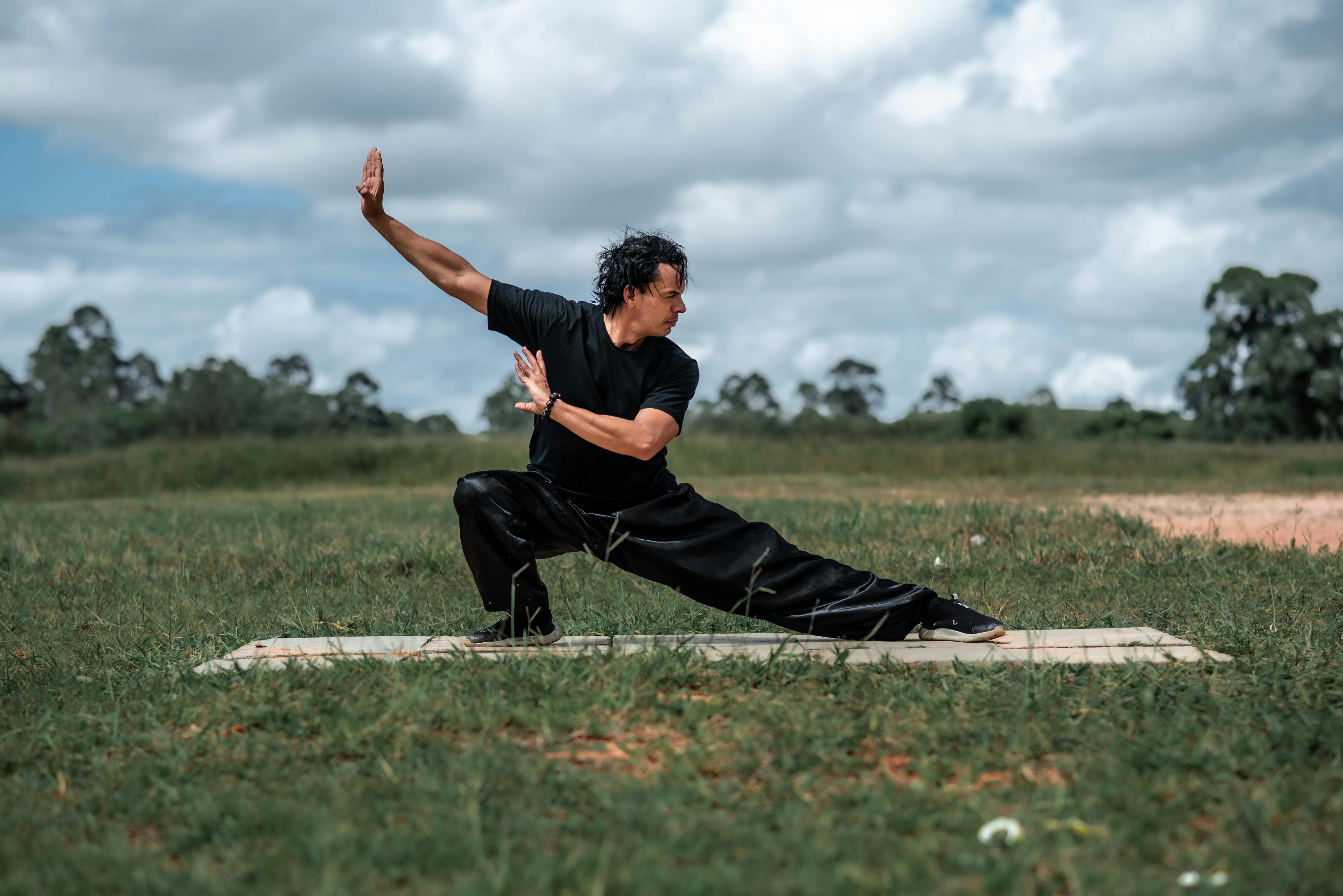7 'Movement Practices' Proven to Reduce Anxiety and Stress
In an era where the pace of life often feels relentless, anxiety and stress have become ubiquitous companions for many. While numerous solutions are proposed, movement practices stand out for their holistic benefits, merging physical activity with mental wellness. These practices aren't just about burning calories or building muscle; they are about cultivating a deeper connection between the mind and body, ultimately fostering a sense of peace and balance. This article delves into seven distinct movement practices, each backed by research, that have been shown to effectively reduce anxiety and stress. As we explore these practices, we will uncover how they uniquely contribute to mental health, offering practical insights into integrating them into daily life.
Yoga: The Union of Body and Breath

Yoga, an ancient practice rooted in Indian philosophy, is renowned for its ability to harmonize the body and mind through a series of postures, breathing exercises, and meditation. Research has shown that yoga significantly reduces levels of cortisol, the stress hormone, while enhancing the production of endorphins, the body's natural mood elevators. By focusing on breath control and mindful movement, yoga encourages practitioners to remain present, diminishing the mind's tendency to dwell on stressors. The practice's adaptability to all fitness levels makes it accessible, allowing individuals to tailor their sessions to personal needs, whether seeking relaxation or a vigorous workout.
Tai Chi: The Flow of Serenity

Often described as "meditation in motion," Tai Chi is a Chinese martial art form that combines gentle, flowing movements with deep breathing. This practice emphasizes the importance of balance and control, promoting a state of calmness and clarity. Studies have highlighted Tai Chi's effectiveness in reducing symptoms of anxiety and depression, largely due to its ability to enhance mindfulness and body awareness. Practitioners report feeling more grounded and centered, which helps mitigate the effects of stress. The slow, deliberate nature of Tai Chi makes it particularly suitable for individuals seeking a low-impact form of exercise that nurtures both physical and mental health.
